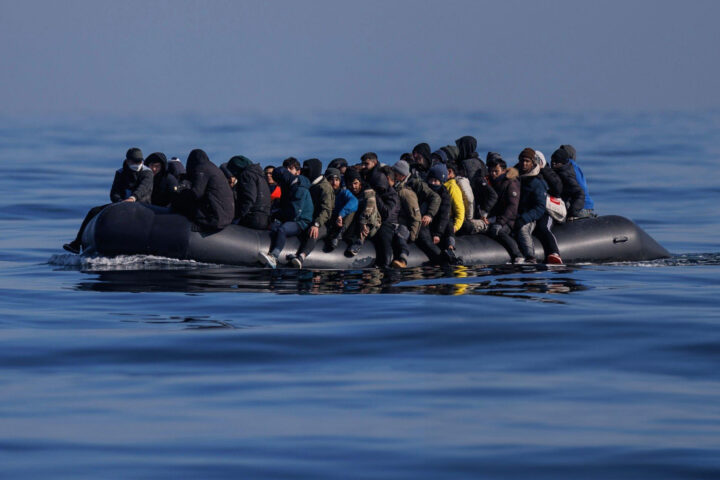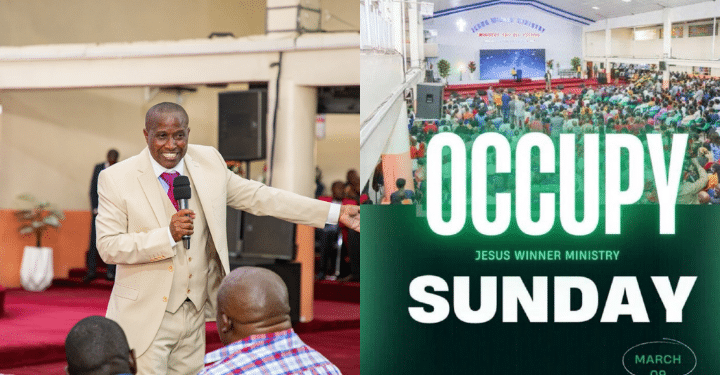Who Can Save Kenya? A Nation at a Crossroads Demands a New Dawn
Kenya finds herself ensnared in one of the darkest chapters since the days of colonialism and the unhealed wounds of the 2007 tribal clashes that left over 1,200 dead and 350,000 displaced. The nation’s descent into chaos has accelerated since the 2022 election, when William Ruto was sworn in as president, narrowly defeating Raila Odinga with 50.49% of the vote in a contest upheld by the Supreme Court despite allegations of irregularities. What followed has been a litany of horrors—killings, corruption, and a government deaf to the cries of its people. Kenya is bleeding, and the question looms: who can save her?
A Trail of Blood and Broken Promises
Since Ruto’s Kenya Kwanza administration took power, the country has been rocked by violence that rivals the worst of its past. In April 2023, the Shakahola massacre in Malindi exposed a grim reality: over 400 bodies were unearthed from mass graves, linked to a “starvation cult” led by pastor Paul Mackenzie. Investigations revealed most victims were strangled or beaten, not starved, yet justice remains elusive—only 12 bodies have been identified, and families still await closure. Then, in 2024, over 40 severely mutilated female bodies were discovered in a Nairobi quarry, a chilling reminder of unchecked brutality. The Gen Z-led protests against the 2024 Finance Bill, which sought to raise $2.7 billion through taxes on essentials, turned deadly when police fired live bullets, killing at least 39 people, according to the Kenya National Commission for Human Rights, though Ruto claimed only 25 died. Abductions of activists and internet throttling marked a heavy-handed response that shocked the nation.
These killings aren’t isolated. Bodies showing signs of torture continue to surface in rivers, forests, and mortuaries, with little accountability. Human Rights Watch reports 136 extrajudicial executions in 2023 alone, many linked to police custody, yet prosecutions are rare. Meanwhile, Al-Shabaab attacks in Lamu and Mandera persist—five local officials were abducted in February 2025—while Kenyan police are deployed to Haiti for a UN-backed mission, leaving citizens to wonder: who protects us at home?
Corruption and a Deaf Leadership
Corruption festers like an open wound. Ruto’s administration has been plagued by scandals, from fake fertilizer distributed to farmers to the controversial Adani takeover of Nairobi’s main airport. The Ethics and Anti-Corruption Commission remains toothless, and the Office of the Director of Public Prosecutions has dropped cases against Ruto’s allies, including Deputy President Rigathi Gachagua in 2022, despite his being ordered to repay $1.7 million for graft. Now, Ruto donates 20 million Kenyan shillings to churches, a move critics call a publicity stunt, while ignoring the unemployed youth—67% of whom can’t find jobs—and the hungry masses demanding better governance. His claim that “Kenya is low-taxed” rings hollow in a third-world nation where poverty is rife. Kenyans aren’t asking for more taxes; they’re begging for jobs, security, and an environment to thrive.
The administration’s advisors seem out of touch, pushing policies that alienate rather than unite. Ruto’s decision to ally with Odinga, his 2022 rival, after sacking Gachagua in October 2024, has backfired. Gachagua’s impeachment, allegedly orchestrated by Ruto, sparked outrage in the Mount Kenya region, a key voting bloc. Gachagua, now a vocal critic, accuses Ruto of corruption but conveniently forgets his own tainted record—fighting to reclaim wealth tied to corruption cases and allegedly linked to his late brother’s estate. Neither man offers a moral compass; both are products of a broken system.
A Betrayed Opposition and a Tribal Trap
Raila Odinga, once a beacon of opposition, has lost credibility. After losing in 2022, he joined Ruto’s government, securing cabinet posts for his allies, only to return to the streets in 2025, claiming to be the “messiah” after a leisurely Dubai trip. His pattern of joining opponents when defeated—seen in his 2018 handshake with Uhuru Kenyatta—has left supporters disillusioned. If Odinga can’t stand firm for his people, what would he do with power? His recent bid for the African Union Commission chairmanship, backed by Ruto, failed, further weakening his stature.
Worse, Kenya’s leaders are stoking tribal fires reminiscent of the Moi era. Ethnicity has long dominated politics, with the Kikuyu and Kalenjin holding sway since independence. Ruto’s fallout with Mount Kenya and his pivot to Odinga’s Luo base threaten to reignite old rivalries. But Gen Z, the youth who stormed parliament in 2024, reject this divide. “I can marry a Luo, Kikuyu, or whoever, as long as we share goals and efforts,” a young Kenyan declared on social media. The people are wiser now, seeing through the tribal politics that leaders wield to cling to power.
Who Can Save Kenya?
Kenya doesn’t need another recycled politician. Odinga, Ruto, Gachagua—they’re all cut from the same corrupt cloth, more interested in power than people. The nation craves a revolution led by a young, energetic, and truthful mind—a leader who weeps when a shilling of public money is lost, who loves the people enough to protect them, not kill them in protests. Kenya needs a president who fights real corruption, not one who shields allies while taxing the poor into despair.
The Gen Z protests showed the power of a united, tribe-less youth. They forced Ruto to scrap the Finance Bill, proving that change is possible. But the fight isn’t over. Kenya stands at an inflection point: unite and vote for a new vision in 2027, or, if the nation is dragged deeper into chaos, consider a revolution. The people must repent of apathy, muster courage, and reclaim their country from crooks. Attacks in Lamu while police play charity in Haiti, abductions during protests, and a government blind to hunger—these are signs of a nation on the brink. Let’s work together, carefully, to save Kenya before tribal wars or deeper corruption tear her apart.



